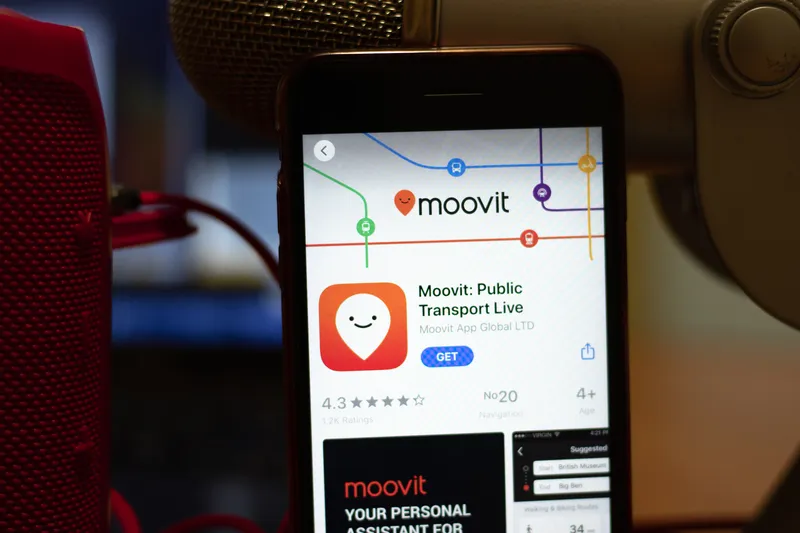
Moovit is collaborating with the UK Department for Transport (DfT) to utilise the Bus Open Data Service (BODS), a source of timetable and fare data for buses.
Moovit says the DfT's BODS project is standardising and publishing bus operator data so that UK passengers can better plan journeys down to the minute, know how much their bus ride will cost in advance and save time waiting.
It will also enable developers to add BODS information into existing or new apps and products meant to provide riders with all they need to more easily plan journeys, the company adds.
Meera Nayyar, head of passenger experience (buses and taxis) at the DfT, says: “Moovit will help revolutionise the way in which the DfT, and other stakeholders, collect and analyse bus data, enabling us to identify network optimisations more easily and help us support operators in reporting their on-time performance statistics.”
As part of the collaboration, Moovit is helping to guide the DfT in making BODS information usable for Mobility as a Service (MaaS) platforms.
Additionally, Moovit is working with local transport authorities to integrate their BODS data into the Moovit app, proving passengers with journey planning, fares, disruptions data and real-time arrival information.
Moovit recently collaborated in a similar project involving Transport for the North's (TfN) Open Data Hub, part of the £150 million Integrated and Smart Travel programme.
According to Moovit, the open-source fares and disruptions data for developers, has enabled essential workers riding northern England’s public transport services to more easily plan and ride efficient journeys during a time when timetables consistently change.
Bus operators were legally required to provide timetable data by the end of 2020 and fare, ticket and location data by January 2021.
The regulations are aimed at helping to keep fares down via greater transparency across different operators.








